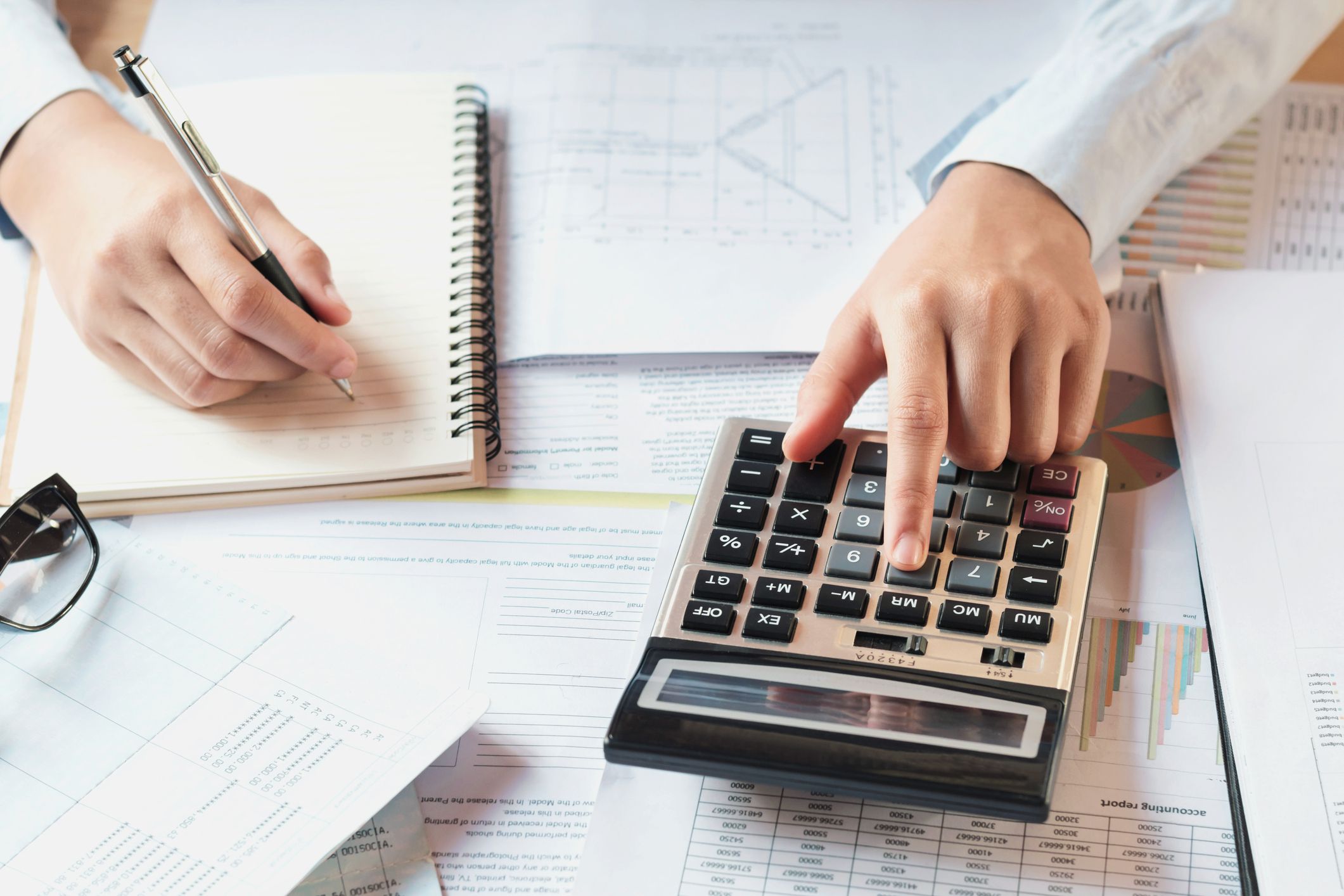Being organised with your finances can be tricky. With our busy lives and stressful careers to juggle, it often seems impossible to find time to carry out weekly and monthly financial checks to help you get to get to grips with your money.
But don’t worry, if you’re not a super organized individual, there are a still number of helpful tips suggested by accountants that you can take advantage. By adopting some of these practices you will be able to keep on top of both your monthly incomings and outgoings, plan more easily for those big-budget spends like holidays and cars, or to simply just build your savings pot.
As a small business owner or entrepreneur, however, you will also have your business accounts to manage. In these circumstances, it is advisable to hire an accountant. Accountants in Peterborough will be able to keep track of your finances, assist with expenses and submit tax returns along with providing advice on any capital expenditure or investment to enable you to grow your business. You will quickly find the amount of time you save by hiring an accountant will allow you to spend time and energy developing and growing your products, services and customer base.
However, creating a personal budget is a great place to start for your own finances. Firstly, create a list of your regular ‘fixed expenses’ e.g. mortgage or rent, household utility bills, car payments, insurance etc and total these. Next create a list of your ‘variable expenses’, these are expenses of which you have some control over, such as food shopping, fuel, entertainment, clothes and sundries. By totaling these two figures you will be able to see how much surplus income you should have left each month. If you spend wisely and stick with your budget, you will be able to make good use of your disposable income.
Opening a second bank account to purely cover your fixed outgoings is another great way to ensure you don’t overspend and miss paying bills. Paying in a set amount every month will mean any money left in your current account will be to purely cover shopping, fuels, clothes, entertainment and having fun, without the worry of wondering how much to leave in to pay the rent. Many banks will also automatically swap your direct debits over from your current account, making the whole process as hassle free as possible.
Creating an additional savings account and allocating a certain amount of money to this each month will help you be prepared for any major expenses which may come along, such as a major car repair or a broken household appliance. If you don’t have anything set aside that is readily accessible these sorts of costs can leave a huge hole in your pocket, or worse end up on a credit card.
However, for long term improving of your finances you will need to be prepared to dedicate time each week, and each month to log what you have spent and review your budgets regularly. With costs constantly rising you will find that regularly adjusting your budget to sit in line with these will help you shop around for better deals and be savvy with what you outlay.




